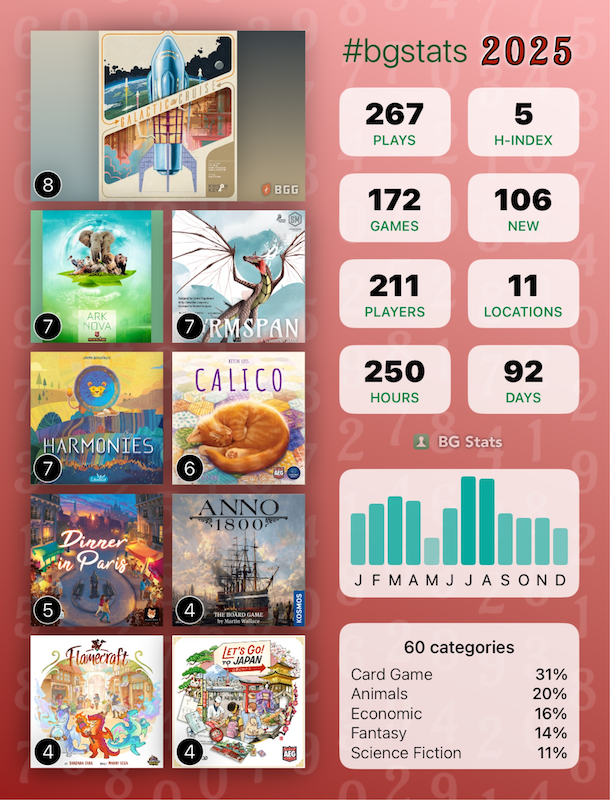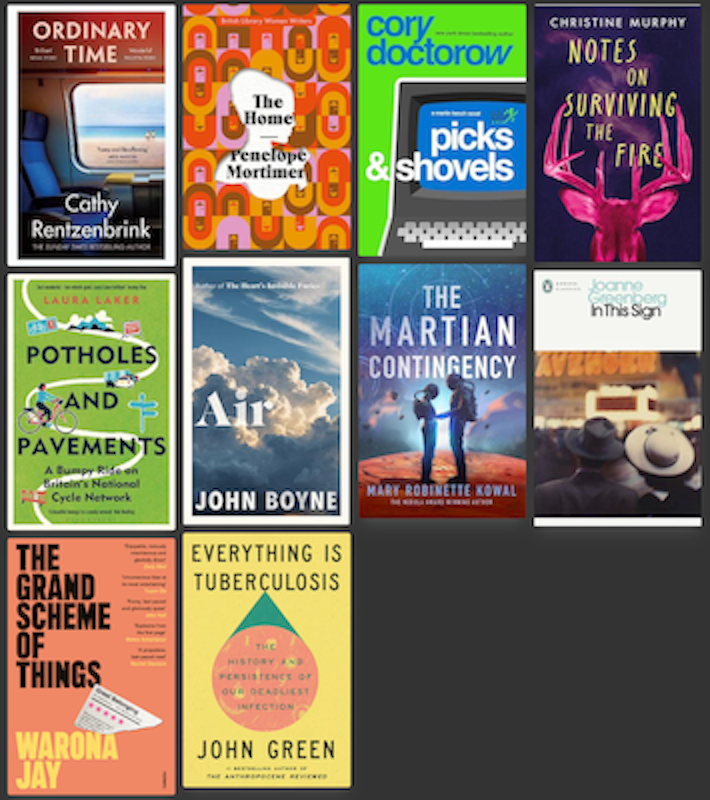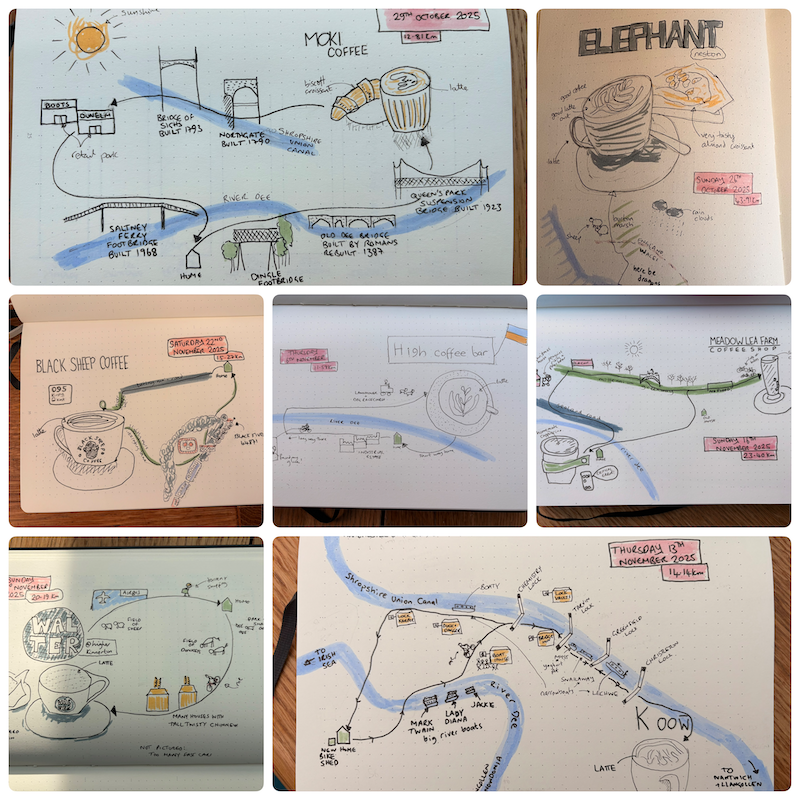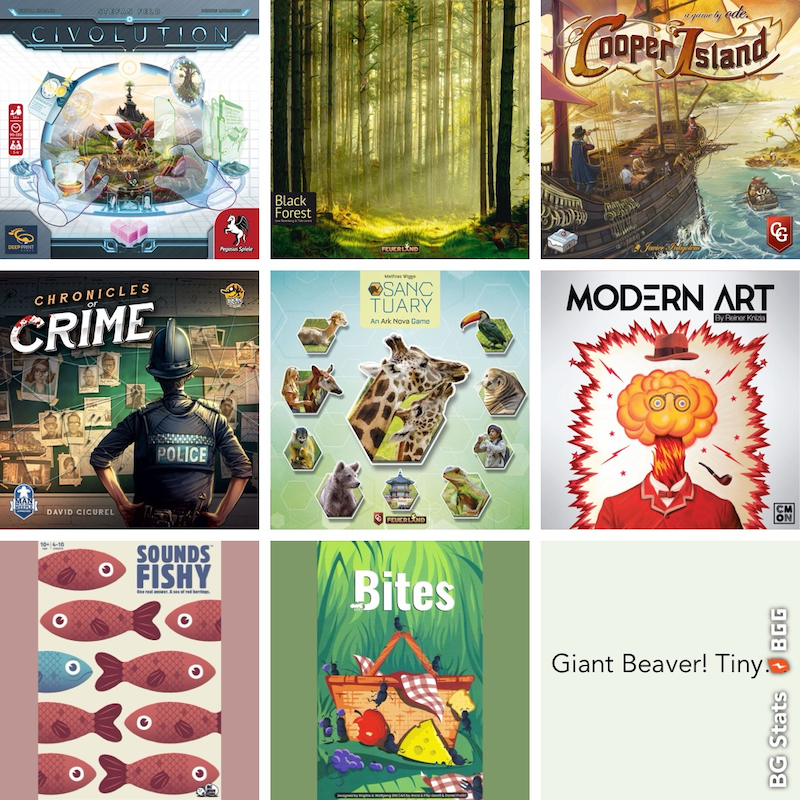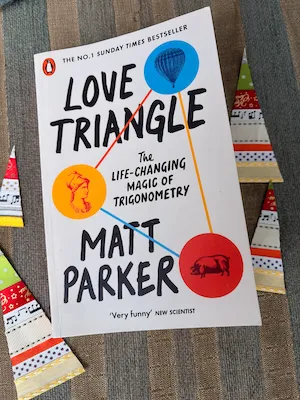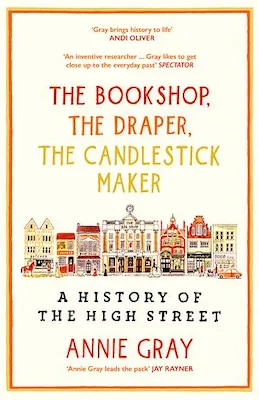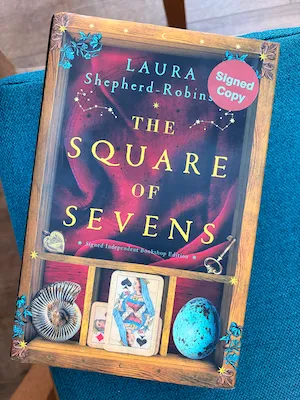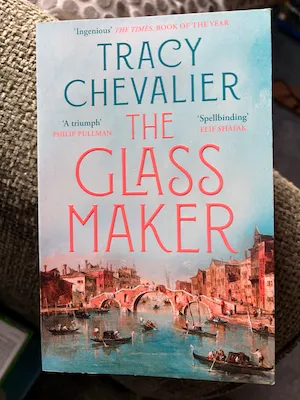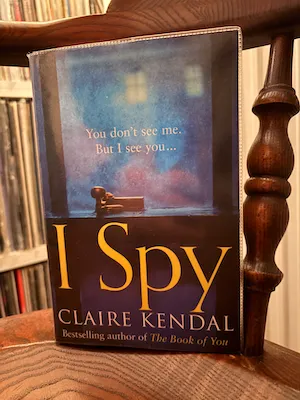Who Owns England?
by Guy Shrubsole
Sunday, March 5, 2023
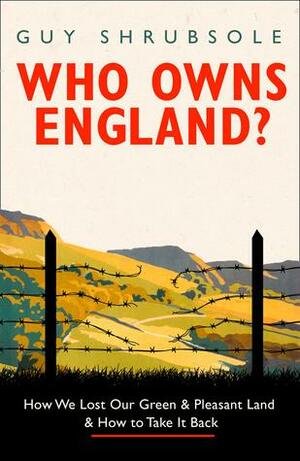
For a lot of the time it feels like the title of this book ought to be “Who Owns England… and why is it bad that they do so?”. Though when I went and looked at the cover the actual subtitle “How we lost our green and pleasant land and how to take it back” is pretty reasonable. Some of the entities that it’s bad to find owning your country include the monarchy, the aristocracy, the church, private companies, public companies, the government, people who wrap their land investments up in tax-havens, the list goes on, but the thing is that it’s really not that long a list in the end. The issue that the book raises is more that it’s very hard to figure out who/what is on the list, and exactly what they own, and as a result, it’s hard to judge whether the land is being used well or not.
I stumbled on the book randomly (searching on the Libby library book app using the ‘serendipity’ ordering) and started reading thinking it might be a pretty dry exposition of facts and figures. It turned out to be a really interesting read that combines history and geography and politics. I learnt a lot, even as someone who was basically onside with the author from the beginning, especially with regard to not knowing why people whose ancestors happened to be best mates with William the Conqueror still get to lord it over the rest of us, generally literally, today. Some things I didn’t realise include how destructive grouse moors are (I’d thought they were a fairly natural habitat) and how extensive they are; that our national parks aren’t actually nationally owned and generally have only weak constraints on the landowners exploiting the land; that the Forestry Commission have often been pretty bad custodians of the land with monotonous timber forests not being good for nature; or quite how much common land there used to be, and how it’s mostly been taken away and it really wasn’t a case of the apocryphal “tragedy of the commons” which the author calls it “a slander propogated by a right wing ecologist”. And, just to show it wasn’t all bad stuff that I learnt, how the RSPB’s founders were Victorian women who fought against the fashion for putting rare bird feathers in your hat. And there were many more interesting things. I can’t get Libby to export my highlights file, I suspect because I’ve just highlighted too much of the book.
For me there are three major takeaways from the book. The first is something I was already aware of, that landowners often claim to be “custodians of the land” or somesuch, and it’s very rarely something that they actually live up to (happily there are a few counterexamples, more would be nice). Another is how impossible it is to find out who owns most of the country, the author can only figure out the owners of about 10% of the land, which is really shocking. Go and look at the map at whoownsengland.org and see how empty it is. The best guess seems to be that 25k people between them own half of England. The author pulls in a parallel between Companies House and the Land Registry. In England you can’t own a private company without having your ownership as a matter of public record at Companies House, and that information has always been available for a fee, and for the past few years has been available for free. As the owner of a private company I’m aware that anyone can look up a certain amount of personal and financial information about my business. But I use the same information when I do business with others, so that’s fine by me. But the Land Registry still keeps its information locked behind fees limiting how much use anyone can make of it. And indeed I don’t think the Land Registry actually have all the information themselves. And this is before you get into the issue of owning assets from a tax-haven (which plagues Companies House as well as the Land Registry). And the third point that surprised me was how little of the country is owned by us, the “property owning democracy”. I’m well aware that England is not the slightest bit “full up” whatever you think of urban sprawl and the need for other land uses, not least food production. But all residential houses and gardens take up not much more than 5% of the country. That was a surprise to me when I first saw it, and now I’m wandering round maps and looking at how it all comes together. I’m concluding that it’s not so much that the 5% figure itself that’s terrible but the comparison to the 10% figure for how much of the land’s ownership we can trace that’s prettty alarming.
The author does, once he gets to his final chapter, set out his arguments, political, cultural, administrative, for what do we do about it. And having been woven through the text they don’t come as a surprise when you get there. Included in them are arguments to open up the land ownership data, cap farming subsidies on large landowners (but extend them to smallholders), revamp systems so that councils can sensibly buy land again (e.g. I had no idea there was a statutory right to an allotment, a right doesn’t mean much with years long waiting lists everywhere), and many more. I especially like the “end feudalism” one, this is the 21st century, remind me again why we still have a system based on male-primogeniture? There are many more and I’m not going to try and summarise them here, when the author already wrote a book that you can go and read… It’s a good one and I think I’ve written enough already.
For a final quote: “we belong to the earth, the earth does not belong to us”.
